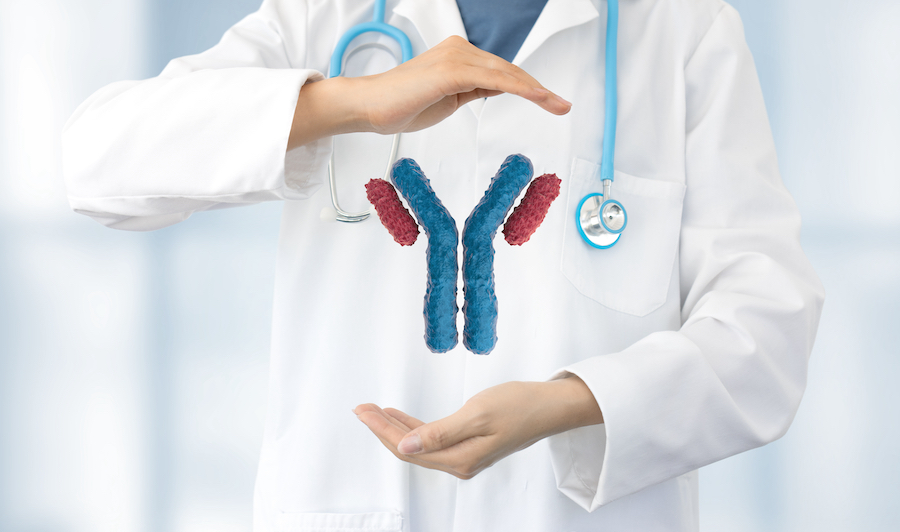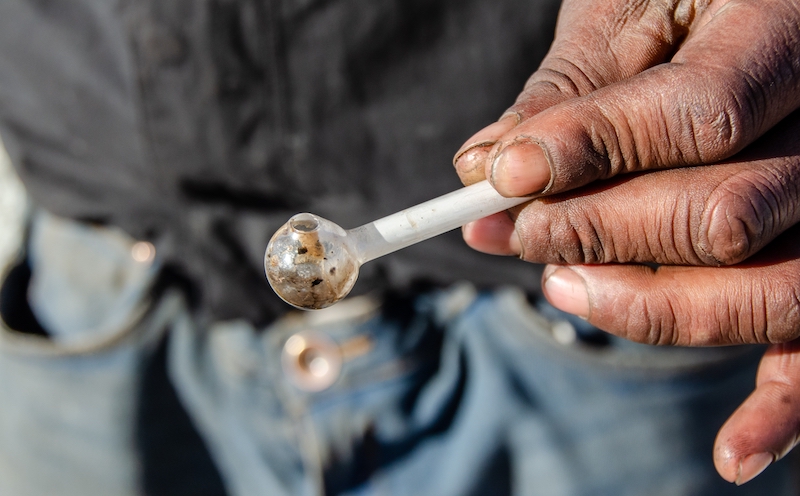As the methamphetamine crisis becomes increasingly dire, injectable naltrexone and oral bupropion could be a long-awaited medical solution
By William Wagner
January 21, 2021There’s a potential breakthrough in the treatment of methamphetamine use disorder—a combination of two medications, injectable naltrexone and oral bupropion—and it couldn’t come soon enough.
Just last week in the TreatmentMagazine.com column “From the Journals,” we reported on the alarming rise in methamphetamine use. Millennium Health, a lab in San Diego that provides drug-testing services, examined approximately two million urine samples between 2014 and 2019 and discovered the chances of testing positive for methamphetamine increased 340% during that period.
Furthermore, a study published yesterday in JAMA Psychiatry noted that overdose deaths in the United States related to methamphetamine went up “nearly 5-fold” from 2012 to 2018. The increases cut across every ethnic and racial group, though Native Americans were the most vulnerable.
But the naltrexone-bupropion combination provides reason for optimism. In a double-blind, placebo-controlled Phase III clinical trial supported by the National Institutes of Health (NIH), participants responded favorably to the dual-medication treatment, experiencing fewer cravings, reporting improvement in their lives in general and citing no major side effects.
The good news is that some of the structural and neurochemical brain changes are reversed in people who recover, underscoring the importance of identifying new and more effective treatment strategies.”—Madhukar H. Trivedi, M.D., University of Texas Southwestern Medical Center, Dallas
Medication Treatment for Opioids
Medication-assisted treatments (MATs) such as methadone, buprenorphine and oral or injectable naltrexone are established for opioid use disorder (OUD), but there is no Federal Drug Administration (FDA)-approved drug or drug combination to work against methamphetamine, which is a stimulant. Currently, behavioral therapies like contingency management are the only real tools that treatment professionals have at their disposal. The naltrexone-bupropion combination would be administered as a complement to behavioral approaches.
“The opioid crisis and resulting overdose deaths in the United States are now well known, but what is less recognized is that there is a growing crisis of overdose deaths involving methamphetamine and other stimulants,” Nora D. Volkow, M.D., director of the NIH-affiliated National Institute on Drug Abuse (NIDA), said in a news release. “This advance demonstrates that medical treatment for methamphetamine use disorder can help improve patient outcomes.”
The naltrexone-bupropion combination works by acting on parts of the brain that cause withdrawal symptoms. Neither naltrexone nor bupropion is particularly effective on its own against methamphetamine use disorder. Together, however, the two drugs seem to exhibit the right type of synergy.
Methamphetamine is an especially vicious and addictive drug. In addition to the overdose risks, meth can cause severe mental health issues, such as paranoia, hallucinations and violent behavior, and rack the body in any number of ways.
“Long-term methamphetamine misuse has been shown to cause diffuse changes to the brain, which can contribute to severe health consequences beyond addiction itself,” said Madhukar H. Trivedi, M.D., of the University of Texas Southwestern Medical Center, Dallas, who led the trial. “The good news is that some of the structural and neurochemical brain changes are reversed in people who recover, underscoring the importance of identifying new and more effective treatment strategies.”














